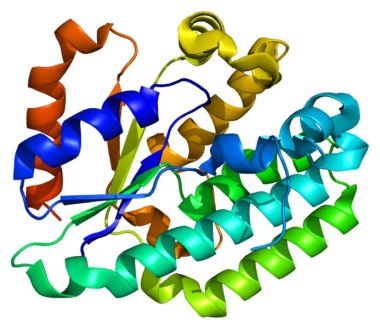"New PET Probe Developed to Aid in Cancer Detection and Treatment"
"Researchers at the UCLA Jonsson Comprehensive Cancer Center spent seven years trying to better identify and understand the role of the deoxycytidine kinase (dCK) enzyme in cancer mutations through PET imaging- and findings published March 28 in the journal Proceedings of the National Academy of Sciences of the United States of America outline some exciting progress"

